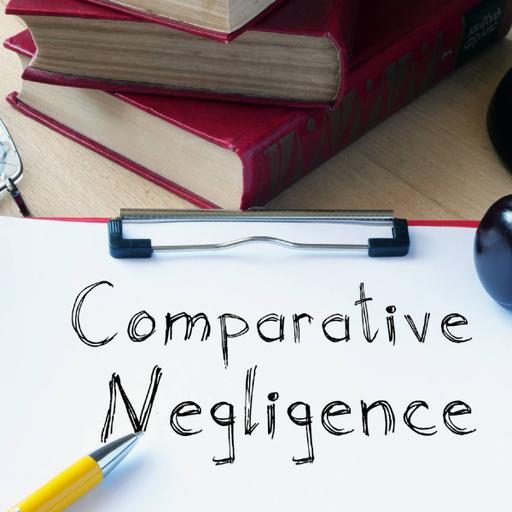Contributory Negligence
Presentations | English
In recent years, many juries have determined that the principle of contributory negligence led to unfair results, and have therefore ignored the rule. As a result, most states in the U.S. have abolished the contributory negligence defense, in favor of a comparative negligence test. Comparative negligence recognizes the fact that a plaintiff had some culpability in the incident, and assigns relative percentages of negligence by the parties in order to determine the amount of damages that should be awarded to the injured party. Contributory negligence is a rule of law that has been largely abolished in the U.S., as it deemed that a plaintiff who was even partially at fault for the incident, due to his own negligence, could not recover any damages from the defendant, who supposedly caused the incident. Contributory negligence refers to some amount of negligence on the part of the plaintiff, without which the incident would not have occurred. To explore this concept, consider the following contributory negligence definition.

6.00
Lumens
PPTX (24 Slides)
Contributory Negligence
Presentations | English
